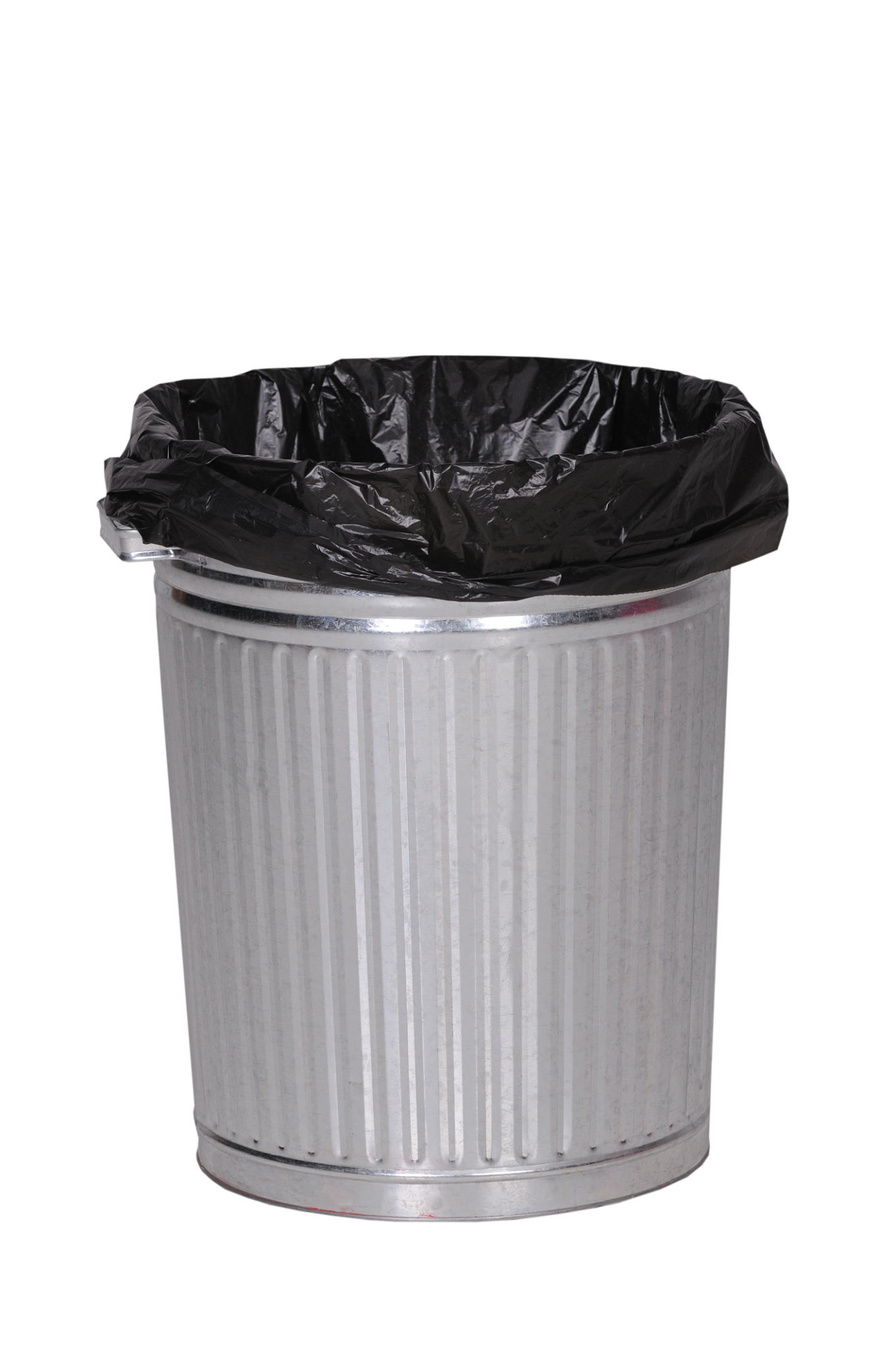Expert Tips on Managing Scrap Metal Recycling Effectively
Understanding Scrap Metal Recycling
Scrap metal recycling is an essential part of the modern economy, helping to reduce waste and preserve natural resources. By effectively managing scrap metal, businesses can not only contribute to environmental sustainability but also improve their bottom line. Understanding the types of metals and their recycling processes is the first step in effective management.

Categorizing Metals
Metals are generally categorized into two types: ferrous and non-ferrous. Ferrous metals, such as steel and iron, contain iron and are magnetic. They are commonly used in construction and manufacturing industries. Non-ferrous metals, like aluminum, copper, and brass, do not contain iron and are more resistant to corrosion. These metals are often used in electrical wiring, plumbing, and other specialized applications.
Setting Up an Efficient Collection System
An efficient collection system is crucial for managing scrap metal recycling effectively. Here are a few tips to consider:
- Organize collection bins by metal type to streamline the sorting process.
- Label clearly to ensure proper disposal and prevent contamination.
- Schedule regular pickups to avoid overflow and maintain cleanliness.

Building Partnerships with Recyclers
Establishing strong relationships with reputable recyclers can provide numerous benefits. Recyclers have specialized knowledge and equipment to process scrap metal efficiently. By partnering with them, businesses can receive fair pricing and reliable service. It's important to research and select recyclers who adhere to environmental regulations and ethical practices.
Implementing a Tracking System
Implementing a tracking system can significantly enhance the management of scrap metal recycling. A digital system allows businesses to monitor the amount of scrap metal generated, collected, and recycled over time. This data can be used to optimize operations and identify areas for improvement.

Training Employees on Best Practices
Employee training is vital in ensuring effective scrap metal recycling management. Educating staff on the importance of recycling and proper sorting techniques can lead to more efficient processes. Regular training sessions help keep employees informed about the latest industry standards and safety protocols.
Monitoring Market Trends
The scrap metal market is dynamic, with prices fluctuating based on supply and demand. Staying informed about market trends allows businesses to make strategic decisions about when to sell their scrap metal for maximum profitability. Subscribing to industry newsletters and following market reports are excellent ways to stay updated.
By implementing these expert tips, businesses can manage their scrap metal recycling processes more effectively, contributing to both environmental sustainability and economic benefit.

